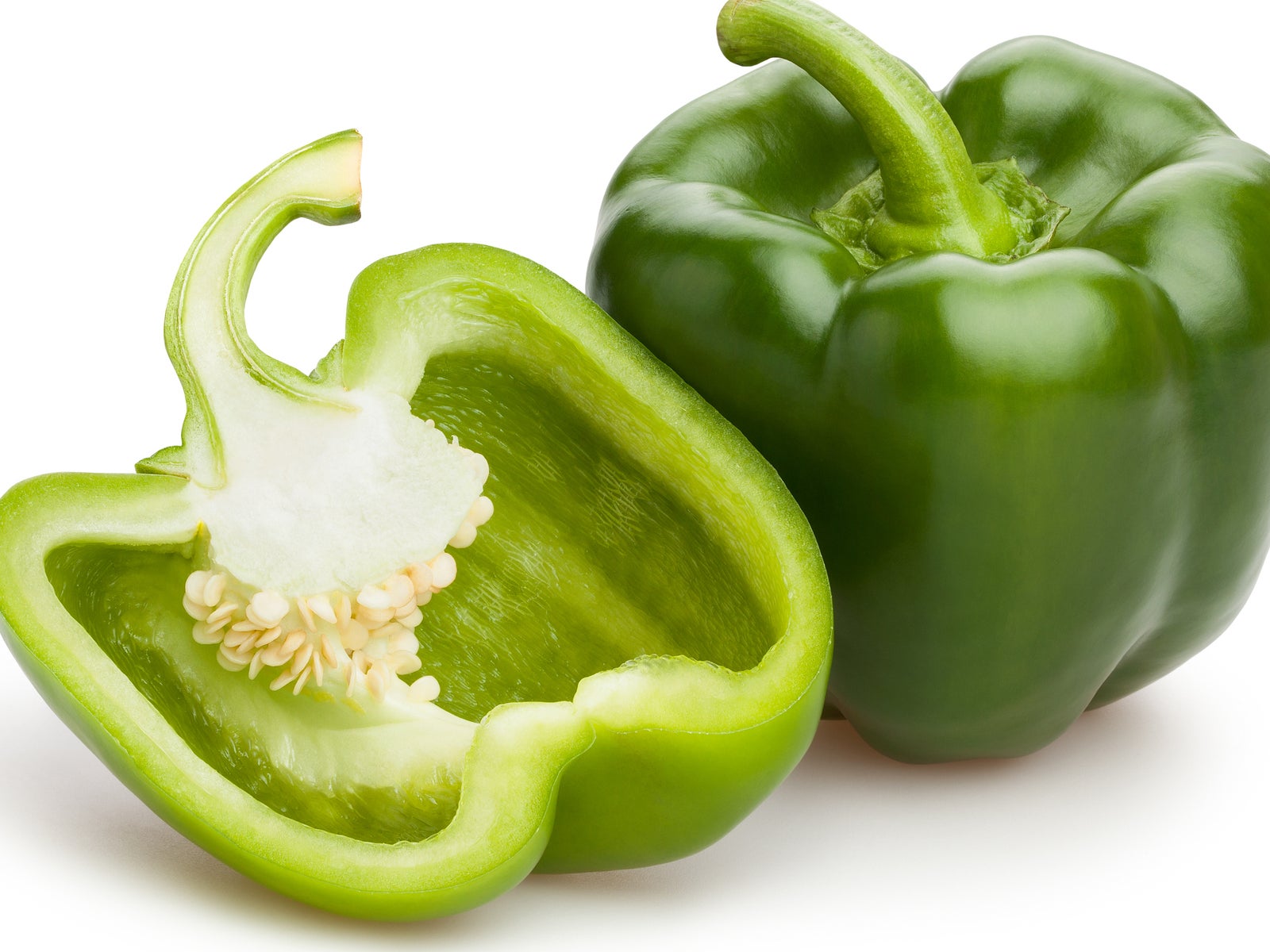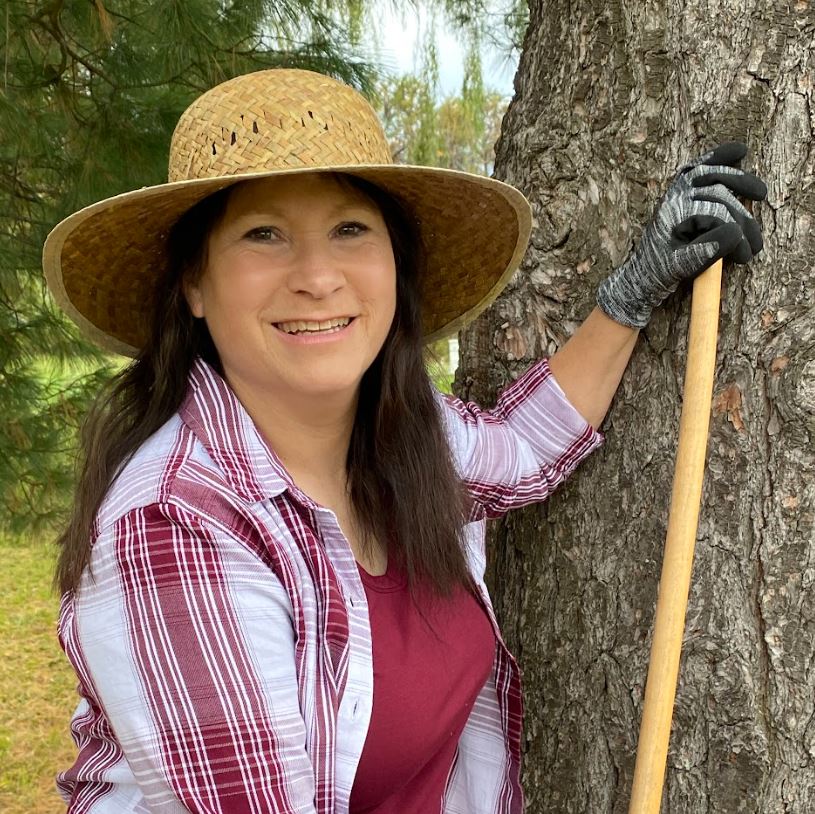Can You Grow Store Bought Pepper Seeds: Tips For Planting Store Bought Peppers


Occasionally when shopping, gardeners run across an exotic looking pepper or one which has exceptional flavor. When you cut it open and see all those seeds inside, it's easy to wonder “will store-bought peppers grow?” On the surface, it seems to be an easily answered question. Yet, whether grocery store pepper seeds can be used in the garden can't be answered with a simple yes or no. Here's why:
Can You Plant Store-Bought Pepper Seeds?
Can you plant store-bought pepper seeds, and will they grow into the type of pepper you want depends upon several factors:
- Is the pepper a hybrid? Store-bought bell pepper seeds from hybrid varieties of peppers don't have the same genetic make-up as the parent pepper. Therefore, they rarely grow true to type.
- Was the pepper self-pollinated? While pepper flowers often pollinate themselves, the possibility of cross-pollination exists. Even if the pepper is an heirloom variety, the seeds from grocery store peppers may not perform as expected.
- Are the grocery store pepper seeds ripe? If the pepper is green, the answer is no. Peppers which have reached maturity have a different color such as red, yellow, or orange. Even brightly colored peppers may have been picked at an immature stage which resulted in seeds which didn't ripen sufficiently to germinate.
- Were the store-bought bell pepper seeds irradiated? The FDA approves irradiation of produce to eliminate food-borne pathogens. This process renders the seeds useless for growing. Irradiated foods must be labeled as such.
Is It Worth Planting Store-Bought Pepper Seeds?
Whether or not planting store-bought pepper seeds is doable depends upon the individual gardener's taste for adventure and available garden space for experimentation. From a monetary standpoint, the seeds are free. So why not give it a go and try your hand at growing grocery store pepper seeds!
To help you get started, here are a few tips for planting store-bought pepper seeds:
- Seed Harvesting– After carefully cutting the core from the pepper, gently remove the seeds with your fingers. Collect the seeds on a paper towel.
- Drying and storing pepper seeds– Place the seeds in a dry location for several days. When they are dry to the touch, store them in a paper envelope for up to two years.
- Germination testing– Determine the viability of the store-bought bell pepper seeds by using the plastic bag method for sprouting seeds. This saves resources, like seed pods or seed starting potting mix, should the seeds fail to germinate. In most areas, it's advisable to start pepper plants six to eight weeks before the final frost date in the spring.
- Raising seedlings– If the grocery store pepper seeds germinated successfully, plant the sprouts in starting trays using a quality seed starting mix. Peppers require plenty of light, warm temperatures, and moderate soil moisture levels.
- Transplanting– Pepper seedlings can be transplanted outdoor once danger of frost has passed. Seedlings started indoors will need hardened off.
RELATED:
If you're lucky, planting store-bought seedlings will yield the type of peppers you desire. To ensure continued quantities of this pepper in the future, consider stem-cutting propagation as a method of pepper propagation.
Gardening tips, videos, info and more delivered right to your inbox!
Sign up for the Gardening Know How newsletter today and receive a free copy of our e-book "How to Grow Delicious Tomatoes".

Laura Miller has been gardening all her life. Holding a degree in Biology, Nutrition, and Agriculture, Laura's area of expertise is vegetables, herbs, and all things edible. She lives in Ohio.
-
 Looking For Plants To Give You The Soft And Fuzzies? Try These 5 Fuzzy Leaf Plant Options
Looking For Plants To Give You The Soft And Fuzzies? Try These 5 Fuzzy Leaf Plant OptionsLovers of texture, drama, silver foliage and tactile plants will adore these special sensory garden additions. These fuzzy leaf plant options will leave you all aglow
By Susan Albert
-
 Get Ready For A Summer Of Hummers! Grow These Full Sun Hummingbird Plants and Flowers
Get Ready For A Summer Of Hummers! Grow These Full Sun Hummingbird Plants and FlowersIf you’re lucky enough to enjoy a sunny backyard, make sure you are maxing out on your pollinator opportunities and grow these full sun hummingbird plants and flowers
By Tonya Barnett